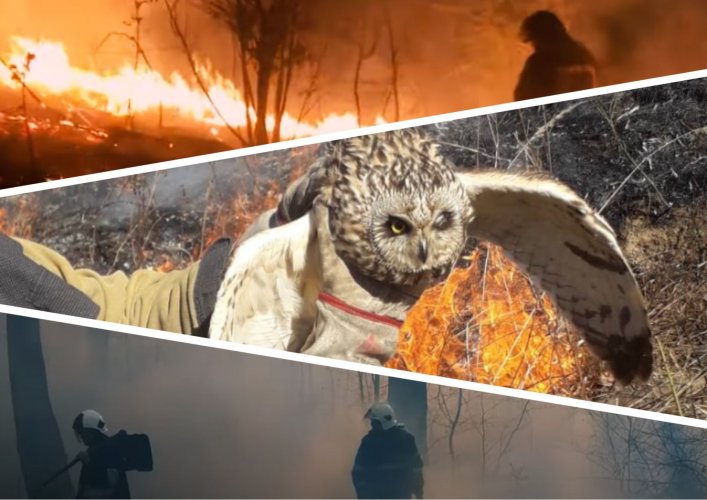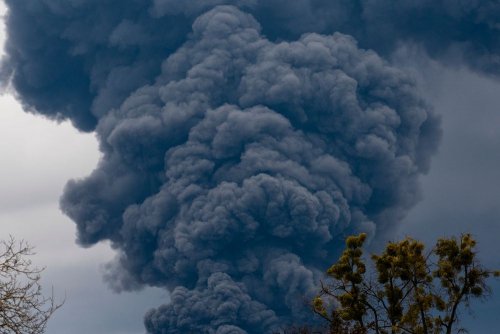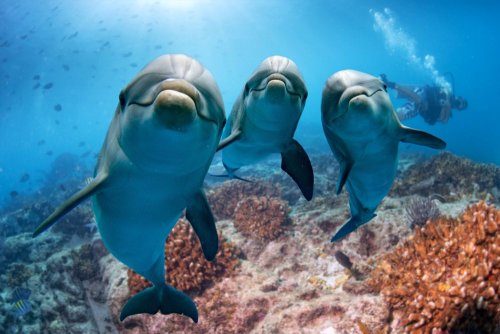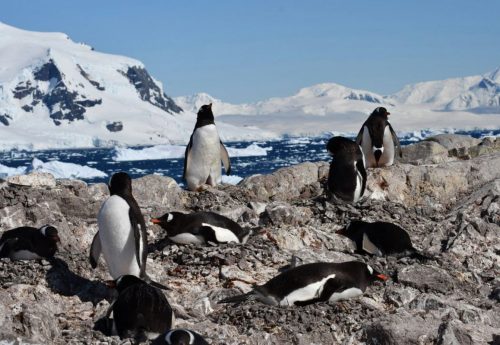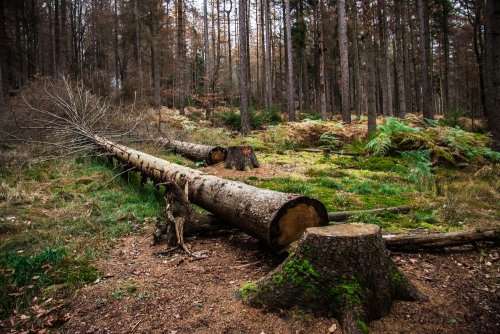Experts from the UAnimals humanist movement and the Lake Supiy Center for the Study of Nature, Culture and Architecture analyzed how the life of wild animals changed during the war.
Research results published on the pages of organizations in social networks.
How the war affected the ecosystem of Ukraine was shown by the example of Lake Maly Supiy-2, which is located in the basin of the river Supiy in Kyiv region. This is the migration route of birds. One of the lakes has the status of the reserve "Usivsky" - a nature reserve, so hunting is prohibited here.
"Unfortunately, the ban does not apply to other lakes of the river, where hunters are constantly. For fun, they sometimes kill yellow-legged martins, which people do not eat. There have been cases where the stork was seen shot in the lake," - said in a statement.
Due to martial law, an official ban on hunting came into force. So the animal population on the banks of the Soup began to change for the better. However, despite the ban on hunting, animals still suffer from fighting.
According to researchers, a large number of animals die from constant shelling and rocket attacks. Animals are also wounded, causing them great suffering and death.
In addition, animals die in fires that cannot be stopped. Also against the background of the war there is an increased threat of man-made disasters.
"Since the beginning of hostilities, the enemy has been causing devastating damage to the nature of Ukraine. At one time, world wars almost destroyed the bison population in Europe, and the Polissya bear population completely disappeared in Ukraine," experts said.
According to scientists, the fighting has spread 200 territories of the Emerald Network. This complex of protected areas covers almost 2.9 million hectares of valuable and rare European species of flora and fauna.
Before EcoPolitics wrote what is meant by the concept "biological diversity" why it is important for our planet, what threatens it and how to save it.
At the same time, the ornithologist of the Ukrainian Conservation Group (UNCG) Maksym Havryliuk tried to predict possible impact of the Russian-Ukrainian war on the bird population.

